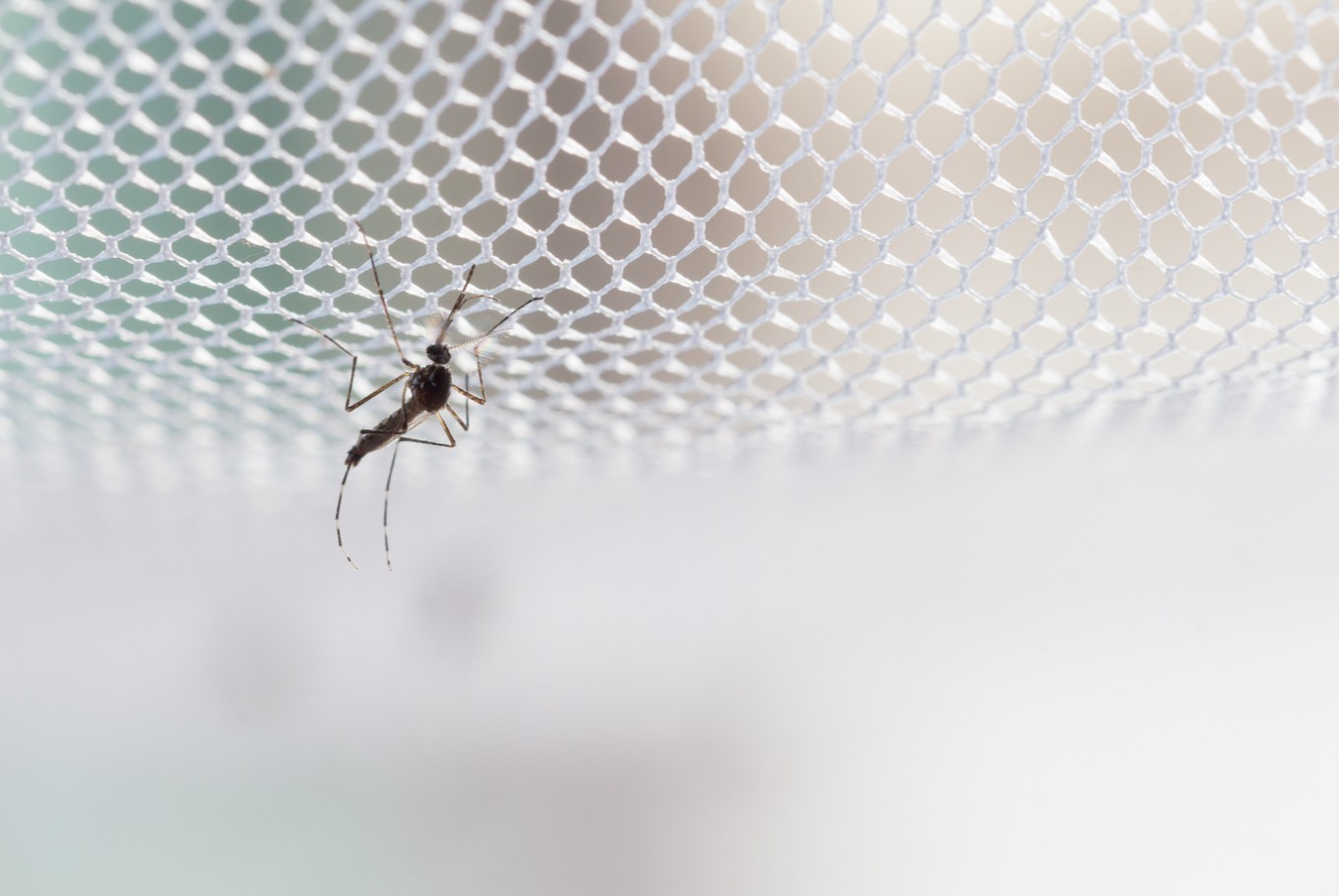Popular Reads
Top Results
Can't find what you're looking for?
View all search resultsPopular Reads
Top Results
Can't find what you're looking for?
View all search resultsIt’s time for decisive win in fight against mosquitoes
As we marked World Mosquito Day on Aug. 20, it is a timely reminder of the deadly threat posed by the biggest mosquito-borne killer – malaria.
Change text size
Gift Premium Articles
to Anyone
T
he fight between mosquitoes and mankind is a tale as old as time. With the diseases they carry, mosquitoes have caused humanity devastating death and disability throughout history. As we marked World Mosquito Day on Aug. 20, it is a timely reminder of the deadly threat posed by the biggest mosquito-borne killer – malaria.
In 2018, there were over 228 million malaria cases throughout the world and a global death toll of 405,000. But let us not forget about the other diseases they carry – from Zika virus to yellow fever, dengue, chikungunya, Japanese encephalitis, the West Nile virus and many more – collectively adding another 500 million cases of people burdened with the febrile disease each year.
It is Sir Ronald Ross who first discovered the causality and connection between mosquitoes and malaria, thereby disproving the centuries-old theory where malaria was believed to be caused by bad (mal) air (aria). This discovery was the first decisive win in favor of mankind, unlocking the secrets of our enemies and laying the foundation for scientists to better understand and treat malaria.
We are past the centennial commemoration of Ross’s ground-breaking discovery, but the fight against malaria is far from over.
Asia Pacific is a somewhat unique battleground between humans and mosquitoes. The region is home to a great diversity of Anopheles mosquitoes with emerging resistance and more species complexes found here than the rest of the world.
The discovery of synthetic pyrethroids, a safer, longer-lasting, cheap but effective, and potent insecticide which we now use in mighty tools called long-lasting insecticide treated bed nets (LLINs) and indoor residual spray (IRS) were a major blow to mosquitoes. However, these tools, just like their predecessors, have limitations. They provide indoor protection, from “dusk-to-dawn”.
Unfortunately, the mosquitoes responded by changing their behavior, biting habits, and vulnerability to our weapons, slowly and successfully escaping from our assault. Hence, we need to continually improve our understanding of our enemies and come up with new tools to stay ahead in the game.
The humiliating failure of the Global Malaria Eradication Program (GMEP) is a constant reminder for us that history can repeat itself anytime and we can’t afford to let that happen. Countries in Asia Pacific now target malaria elimination by 2030 and it is a tight race.
Recent successes in malaria control and elimination have reduced the global malaria burden, but these gains are fragile if our control efforts aren’t sustained. It’s only a decade from now when history will judge our efforts – will it be a major celebratory milestone or another humiliating defeat.
No country can ever be safe from malaria, unless all the surrounding countries, in the region, are free from malaria.
Although countries in Asia Pacific are slowly and finally graduating from poverty, many still face frail health systems. The region needs an accelerator, facilitator, a partnership, and a catalyst.
The Asia Pacific Malaria Elimination Network (APMEN) is a network that supports Asia Pacific countries with their malaria elimination mission by galvanizing cooperation, partnership, and togetherness for a common mission.
Scientists on the frontline, entomologists, are the intelligence agents who can advise us on how to win this battle against the malaria mosquitoes. They can tell us which mosquitoes are vectors for malaria, where and how they are distributed, what are the behaviors (breeding, biting), biology, and whether they are susceptible to our current control tools. They can help us answer the important questions of how malaria is being transmitted in a particular area and how the transmission can be halted.
One of the flagship initiatives of APMEN VCWG is the Malaria Vector Surveillance for Elimination (MVSE) course, a specialized training program for equipping entomologists and vector control specialists with knowledge and skills to carry out robust surveillance in their countries. The APMEN Fellowship Program is another unique opportunity for countries to groom the next generation of leaders in the field of entomology.
Malaria elimination in Asia Pacific is an enterprise that we simply cannot allow to fail. The shifting frontlines between humans or mosquitoes, and the contest between us developing new tools and mosquitoes finding ways to overcome those tools, will ultimately determine the outcome of this battle.
Lest we forget, the urgent need of the hour is to: prioritize research, reliable surveillance and investment for innovative tools; minimizing disruption of health services; and reach the most vulnerable groups for eliminating malaria for good.
---
Htin Kyaw Thu is technical specialist at Malaria Consortium Asia and program coordinator of the Asia Pacific Malaria Elimination Network Vector Control Working Group (APMEN VCWG) and Leo Braack is senior vector control specialist at Malaria Consortium and technical lead of APMEN VCWG.
Your Opinion Matters
Share your experiences, suggestions, and any issues you've encountered on The Jakarta Post. We're here to listen.
Thank you
Thank you for sharing your thoughts. We appreciate your feedback.










